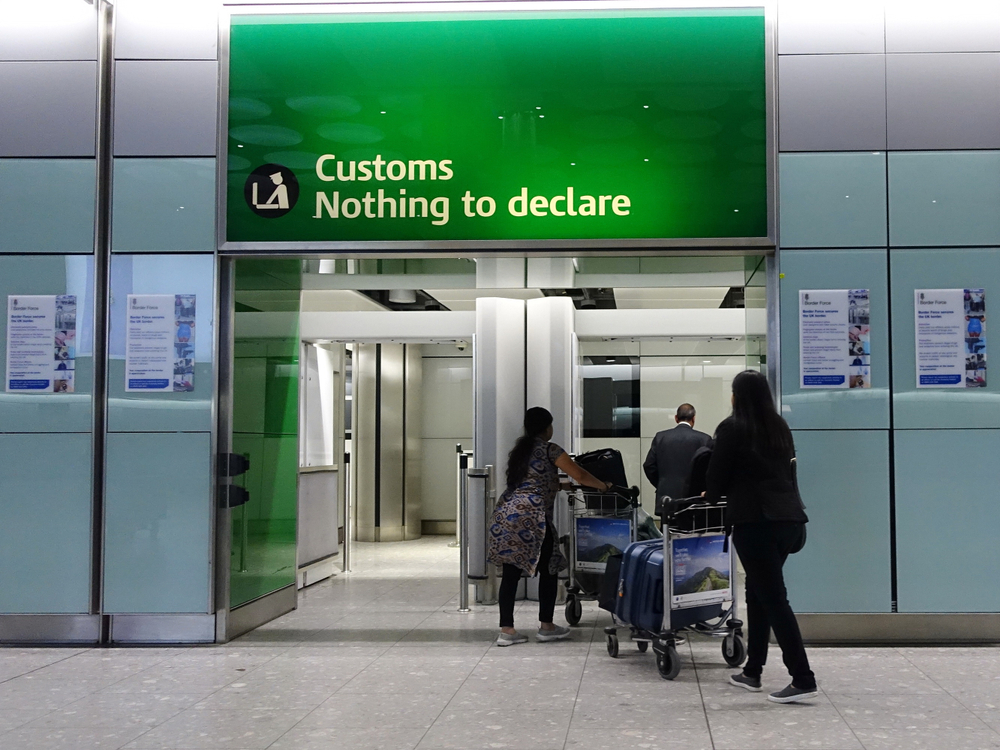Play all audios:
Why can’t Theresa May and Jeremy Corbyn just shake hands on a customs union, whisk it through the Commons in a day or two and present the EU with an offer they couldn’t refuse? Then they
could all breathe a sigh of relief and go home for Easter. Job done. Here’s why not. In the first place, the EU’s customs union has been great for German car manufacturers and French
vintners, but not so great for British business. According to Larry Elliott, economics editor of the Guardian, over the past two decades British exports of goods to the EU have grown by an
anaemic 0.2 per cent per annum. By contrast, goods exports to the rest of the world grew by 3.3 per cent a year. Even exports of services, Britain’s strong point, have grown faster outside
the EU (5.6 per cent) than inside (5.2 per cent). So the customs union has little to recommend it in purely economic terms. But a customs union is never purely about economics. The original
Zollverein (“customs union”) emerged in the 19th century as an embryonic German nation state. When the EU was forged in the 1950s, its founders explicitly followed that German model by
erecting tariffs and other trade barriers around a protected European space in which a political union could grow. The ultimate goal was always a United States of Europe. Britain, however,
has never shared that political ideal — still less after the referendum. The only reason that the customs union has suddenly become central to the Brexit debate is that Parliament has
rejected all other options and sees this one as the lowest common denominator. So what is the point of remaining in a customs union with other countries for whom it has an entirely different
rationale? Why would the EU even accept such a proposal, given that most of its leaders see the Brexit-fixated British as a Trojan horse for the populism they dread? The answer is that a
customs union would serve as a staging post for the UK to rejoin the EU in a few years time. That is why it was floated in the Commons by none other than Kenneth Clarke, who is not only
father of the House but its most consistent Europhile. As long as Britain remains within the customs union, the inexorable process of harmonisation of laws and regulations will continue to
integrate our economy into the EU. Even if it takes decades for the Brits to come to their senses, the argument goes, for the EU the continuity of a customs union would take the sting out of
Brexit. The trouble with this cunning plan is that even if Mrs May and Corbyn were able to agree on it, there are enough people in both their parties who would never do so to scupper the
whole scheme. The Labour leader is already facing a revolt over his failure to insist on a second referendum as the price of any deal with the Tories. And the Prime Minister is on the verge
of a full-scale Cabinet revolt that could sweep her out of office. That is why the focus of debate is on the length of any extension of Brexit that Mrs May might request from the EU. The
consensus is that a delay of up to a year may be on offer, with all kinds of strings attached, but also the option of a “guillotine” in case Britain decides to leave sooner. Rightly,
Brexiteers see such a long extension as likely to mean that Britain would never leave at all — not least because it would require us to hold elections to the European Parliament. In the
absence of any consensus in Parliament, which is determined to rule out no deal, however, then Britain is at the mercy of whatever the EU decides to offer. And a long extension may be what
we get. It is worth reflecting on how we came to this pass. Public opinion has shifted dramatically in the last three years. There has been a sharp polarisation between the Leavers, who
mostly now say they want to leave as soon as possible, even without a deal, and the Remainers, who demand either a second referendum or a revocation of Article 50. And two parties, UKIP and
Nigel Farage’s Brexit Party, are appealing to both Tory and Labour Leave voters. Yet the leaders of the two main parties are trying to agree on a customs union, a compromise that will
satisfy almost nobody outside the Houses of Parliament — and, of course, Brussels. Is this not a recipe for an almighty political upheaval? Britain has long been admired by our European
neighbours for avoiding revolutions. Let’s hope the British people aren’t about to change the habit of — not a lifetime, but more than three centuries. Heaven knows, Brexit has already been
a big enough shock to the system. Surely we aren’t about to tear down the system itself?

